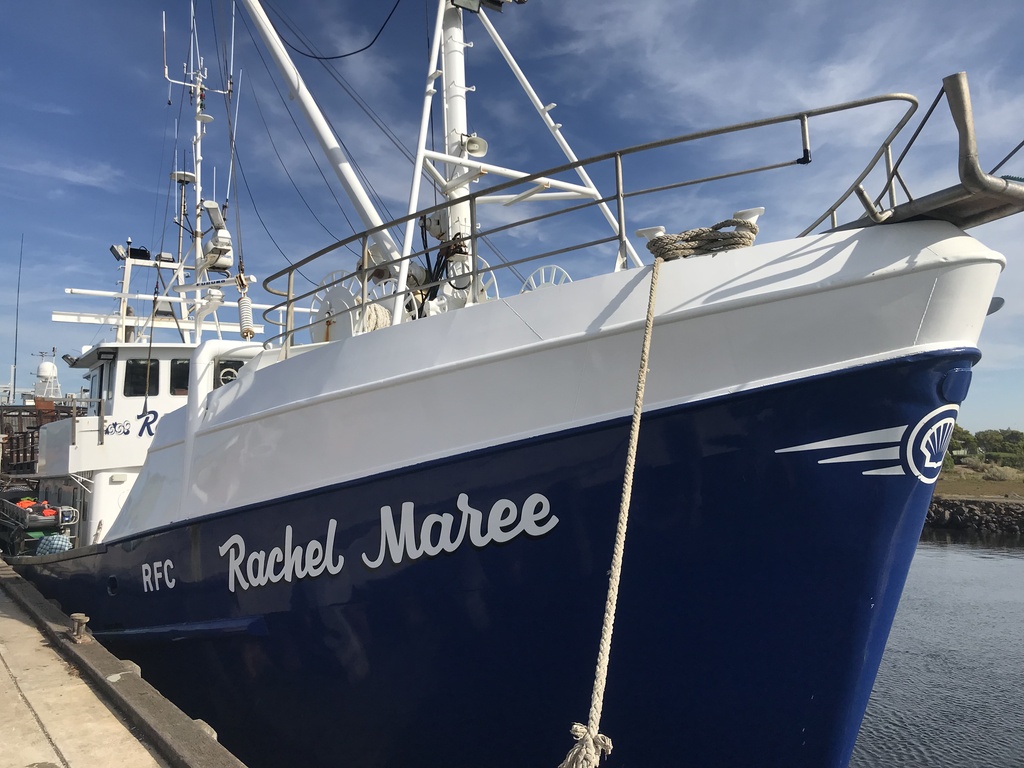This collaborative pilot project is working with fishers to collect real-time ocean observations where they matter most.
IMOS is a partner of this Fisheries Research and Development Corporation (FRDC) funded pilot project (2022-007) with Fishwell Consulting and the University of New South Wales.
The FishSOOP project is working with fishers to collect real-time temperature and depth data by installing equipment on a network of commercial fishing vessels using a range of common fishing gear.
The project uses a compact, calibrated, low-cost temperature sensor (called the Moana sensor, manufactured by Zebra-Tech) that can be attached to many types of commercial fishing gear. It operates with minimal human intervention and communicates directly to a solar powered deck box.
Every day, fishing vessels operate broadly across the productive areas of Australia’s Exclusive Economic Zone where we have few subsurface ocean measurements. The FishSOOP project is utilising this observing opportunity to cost-effectively increase the spatial and temporal resolution of subsurface temperature data in Australia’s inshore, shelf, upper-slope, and offshore waters.
The data is currently returned to each fishing boat in near-real time, so skippers can relate their catches to temperature-at-depth information. The same data will also be collated to provide oceanographers with quality-controlled data on an unprecedented scale for ground-truthing coastal models and to improve analysis and forecasts of oceanic conditions.
In the long term, the data will help our understanding of the changing marine environment and its impact on fish distribution and abundance. It is hoped that the data will assist in standardising catch rates in fisheries stock assessment models.
The quality-controlled temperature-depth data will be publicly available through the IMOS Australian Ocean Data Network Portal for uptake and use in ways that support safe and efficient maritime operations, sustainable management of marine resources, and improved understanding of drivers of ecosystem change.
In the first three months of the project eight commercial fishing vessels have been equipped with sensors. They cover a range of fishing vessels, including scallop dredges, tuna longline, shark gillnet, and otter board trawlers, with plans to deploy on lobster boats and prawn trawlers. So far there have been 897 sensor deployments from these vessels in waters off mid-NSW to the western Bass Strait.
To keep up to date with the project you can subscribe to the FishSOOP newsletter here.
